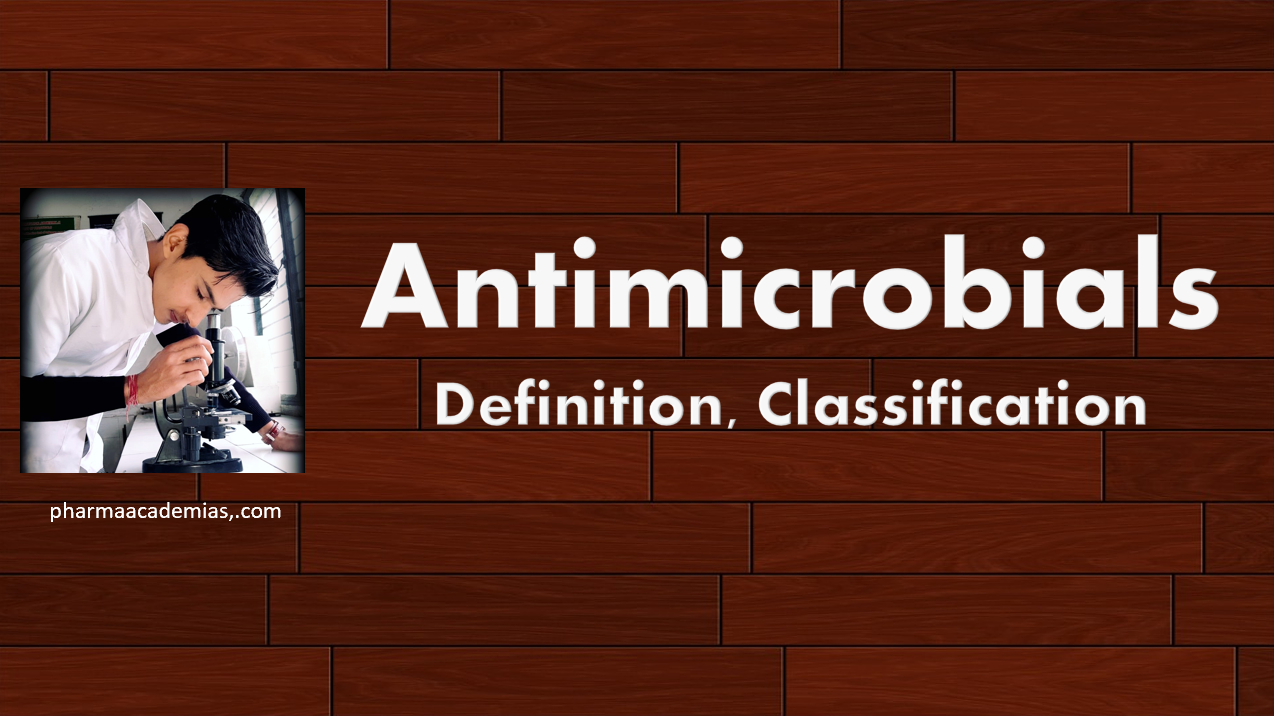Mechanisms of antimicrobials
The mechanisms of antimicrobials vary based on the type of microorganism they target (bacteria, viruses, fungi, or parasites) and the specific class of antimicrobial agent. Here’s an overview of the general mechanisms for different categories: 1. Antibiotics (Bacterial Infections) Inhibit Cell Wall Synthesis: Antibiotics like penicillins and cephalosporins interfere with the synthesis of bacterial cell … Read more



